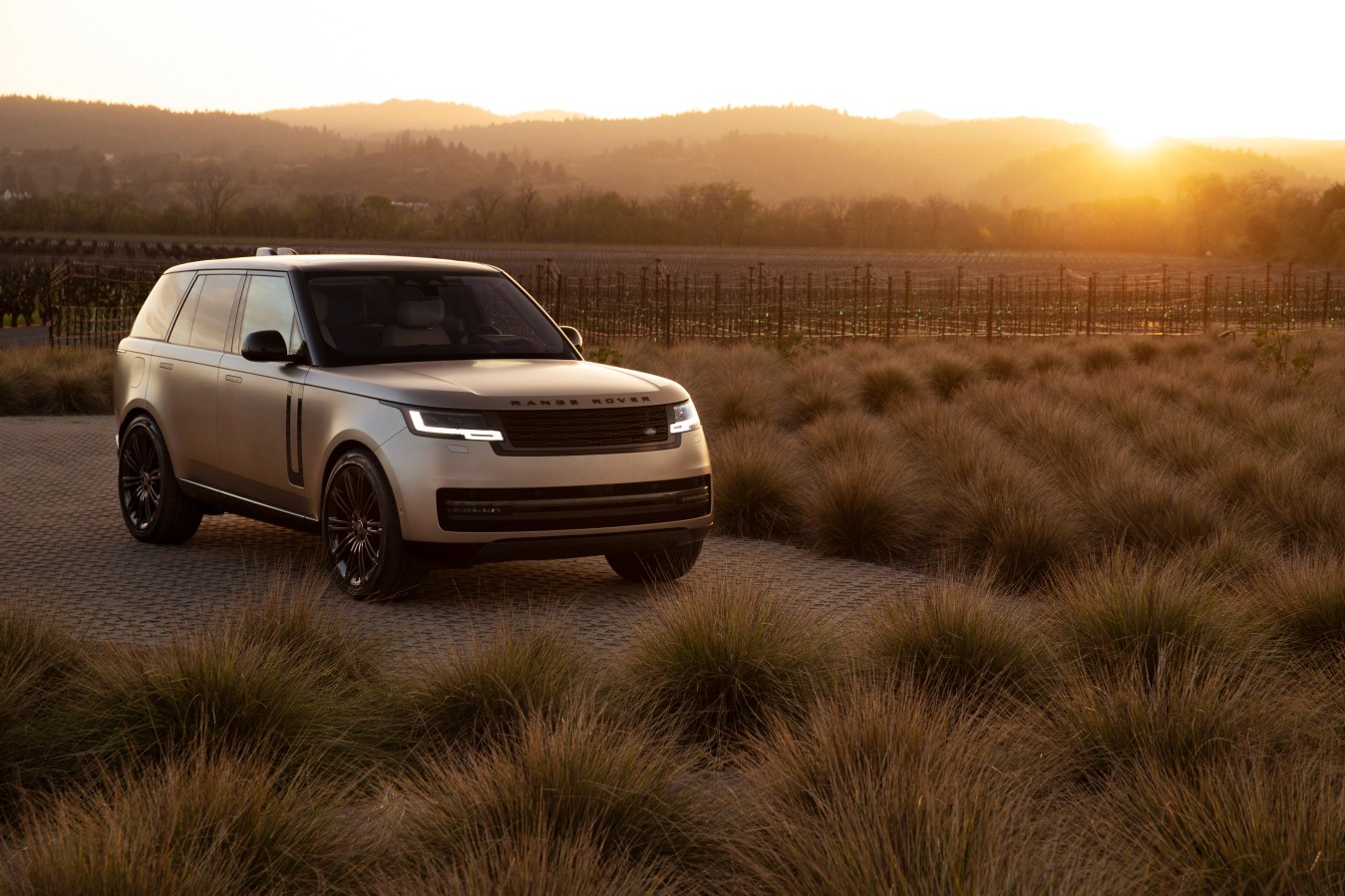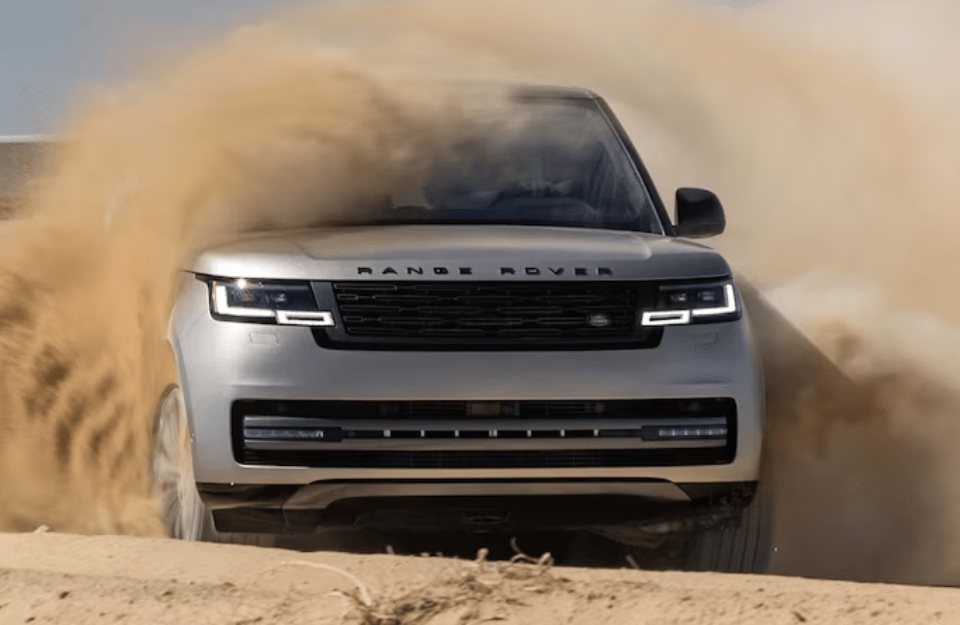Range Rover’s new era: The road ahead is electric
With waiting lists now open for Range Rover’s first fully electric vehicle, Global Managing Director Geraldine Ingham says it’s the start of a new era for the luxury SUV brand, which has put electrification at the heart of its strategy to reach zero emissions.
BRANDVOICE – SPECIAL FEATURE

The public release of the first Range Rover in 1970 brought all-terrain capability together with refined interiors and superior styling, and the luxury SUV category was born.
Half a century on, the brand is entering a new epoch with the launch of its first fully electric vehicle.
“This marks the beginning of a new era for the Range Rover brand,” says Geraldine Ingham, global managing director of Range Rover. “The original luxury SUV is now available as an all-electric model.”
Waiting lists are now open for the Range Rover Electric, which will have rapid 800-volt charging and deliver performance comparable to a flagship Range Rover V8, with the all-terrain capability developed in-house by Range Rover experts that has been a hallmark since the brand’s inception.
Vehicle electrification is central to the Reimagine strategy of Jaguar Land Rover (JLR), owners of the Range Rover brand, which aims for net zero carbon emissions across all of its businesses by 2039. “The world is evolving around us, and so are we,” says Ingham.
“Many of our customers are looking for ways to reduce carbon emissions and their carbon footprint, and driving electric is a powerful way to do this.”
Global Managing Director Geraldine Ingham
More than one in five cars sold worldwide this year is expected to be electric, with surging demand over the next decade set to remake the global auto industry. The International Energy Association projects that 50% of all cars sold globally will be electric by 2035.
Ingham says Range Rover has a strong history of innovation that’s continuing in the EV space, noting more patents have been filed for the Range Rover Electric than any other Range Rover.
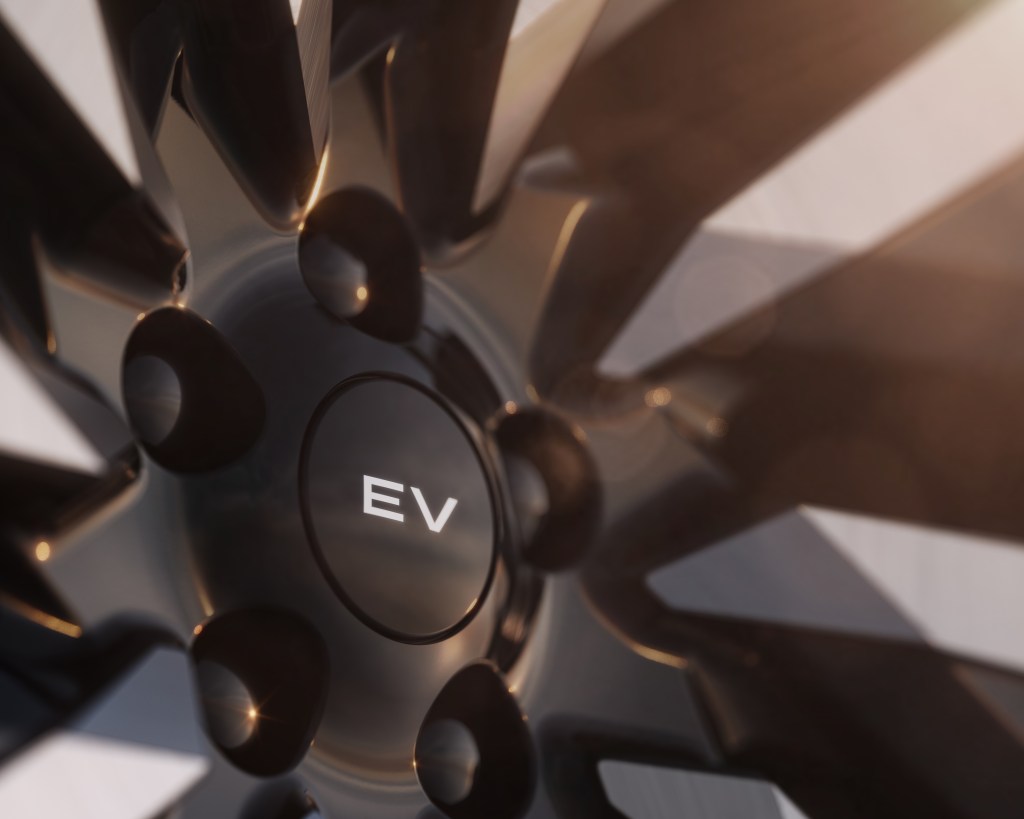
“Range Rover is the original luxury SUV, creating the first luxury SUV segment when it launched back in 1970, and every generation of Range Rover has brought major innovations, from electronic air suspension to terrain response technology and all-wheel steering,” she says. “You can expect Range Rover Electric to move the game on even further.”
To ensure the EV model lives up to its predecessor, prototypes are being put through their paces at 50 degrees C in the searing deserts of the Middle East and at minus 40 degrees C in the Arctic Circle.
The tests are part of one of the most rigorous engineering sign-off programs ever – to confirm capability spanning extreme temperatures, all conditions, and every terrain – including wading through 850 millimetres deep water.
In a first for Range Rover, a new traction control system delivers exceptional performance levels on icy or low-grip surfaces. Rather than a traditional traction control setup based solely in the ABS unit, Range Rover Electric distributes the wheel slip management task directly to each individual electric drive control unit, reducing the torque reaction time at each wheel from around 100 milliseconds to as little as one millisecond.
It’s not just vehicles that are going electric at JLR. The company aims to produce net zero carbon emissions across all of its businesses by 2039 – from its supply chain to its manufacturing processes.
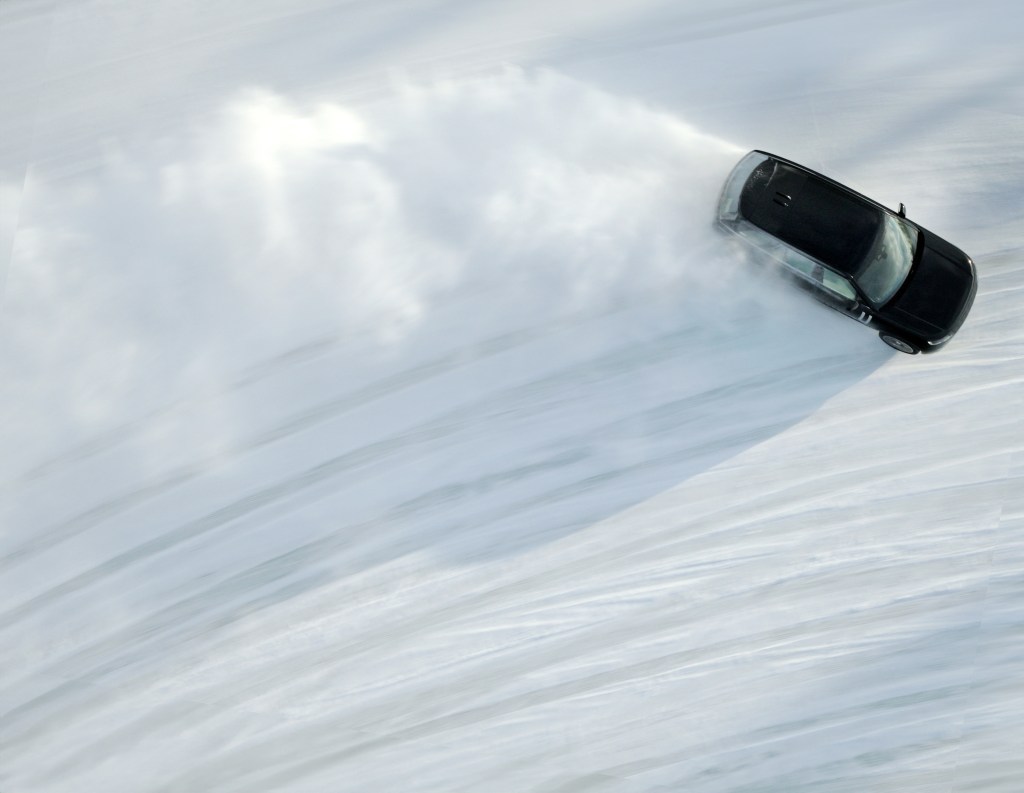
Across its manufacturing network, it is already working towards net zero carbon emissions using 100% renewable, zero-carbon electricity across all UK sites. It has reduced its global vehicle manufacturing operating CO2 by nearly 50%.
Work has also ensured the sustainability of the luxury materials used in its interiors. JLR offers a range of responsible leather alternatives it calls Materiality, such as its premium Kvadrat wool blend, its first plant-based textile made with Eucalyptus fibres, and ECONYL, made with recycled plastic. A research project with Brunel University is allowing JLR to, for the first time, recover premium automotive-grade aluminium from scrapped vehicles, reducing the need for virgin aluminium.
“We’re working hard to ensure that sustainability and luxury go hand in hand,” says Ingham.
Sustainable luxury that can handle Australia’s terrain
Penny Ferguson, JLR’s managing director for Australia, knows a thing or two about luxury.
As the former market director for jewellery giant Tiffany and Co, and more recently, head of retail at pearling company Paspaley, she’s witnessed an evolution in what consumers want from luxury goods.
“Increasingly, it’s not enough to provide a luxury experience. People want sustainable, responsible luxury,” she says.
Ferguson is well-placed to spearhead the Australian rollout of JLR’s Reimagine strategy and the launch of Range Rover’s first electric luxury SUV, likely to hit Australian showrooms late next year.
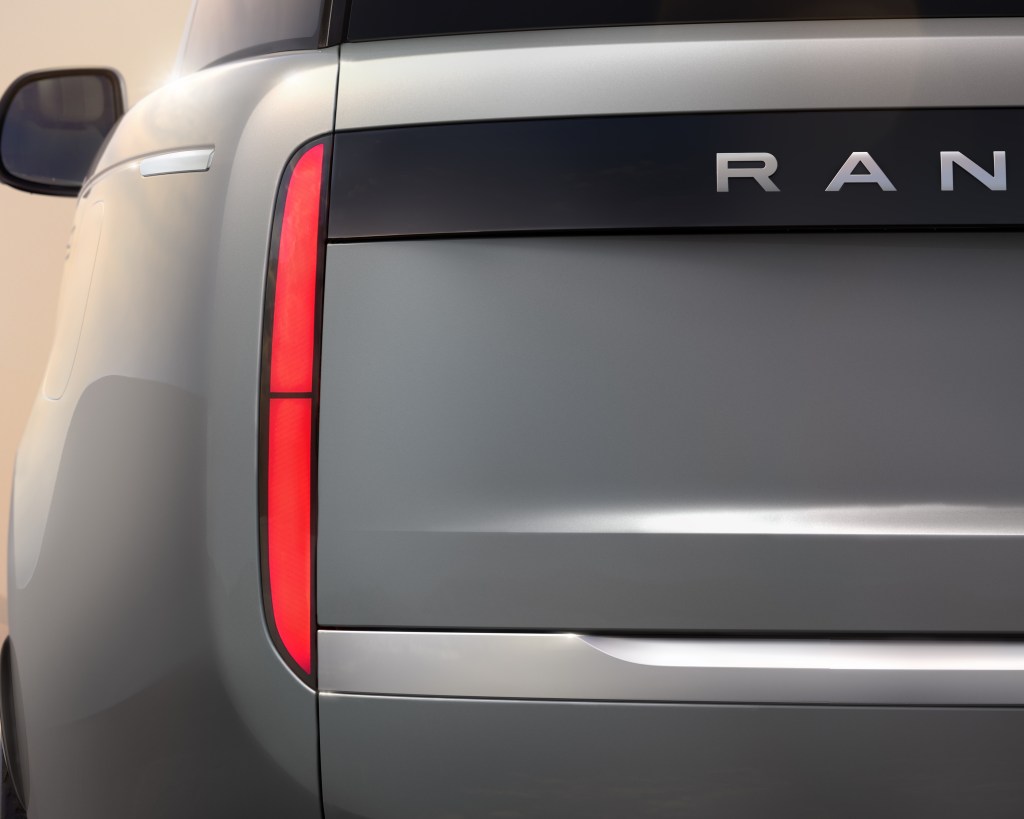
Excited Australian clients have already signed up to the waiting list for the Range Rover Electric, which Range Rover promises will lead the way for electric propulsion capability, refinement, and luxury travel – while also coming equipped with exceptional all-terrain handling that’s been tested in desert temperatures and can wade through water more than 0.8 metres deep.
“The extreme capabilities, combined with zero tailpipe emissions, near silent fully electric propulsion, and the unrivalled luxury that Range Rover is famous for are very appealing to discerning Australians given our variable terrain and love of outdoor activities,” says Ferguson.
There is increasing demand for luxury EVs in Australia, with new models selling out in minutes. However, partly due to a lack of supply and choice, sales haven’t grown as fast as in other markets such as China or Europe.
According to the International Council on Clean Transportation, Australian passenger vehicles currently emit at least 50% more CO₂ than the global average. With the release of its first-ever National Electric Vehicle Strategy, the Australian Government has been trying to encourage suppliers to send more vehicles to Australia.
With transport on track to be Australia’s largest emitting sector by the end of the decade, this Strategy is an important step in achieving our emissions reduction goals.
A central part of the strategy was a commitment to introduce a new fuel efficiency standard, which passed parliament in May and will come into effect in July next year. “We are thrilled to introduce the Range Rover Electric, a segment-changing luxury vehicle, to the Australian market, which we are confident will be popular with our most discerning clients,” says Ferguson.
Join the waitlist to be among the first to place an order: Range Rover 2024 | Luxury Performance SUV | Range Rover (landrover.com.au)

